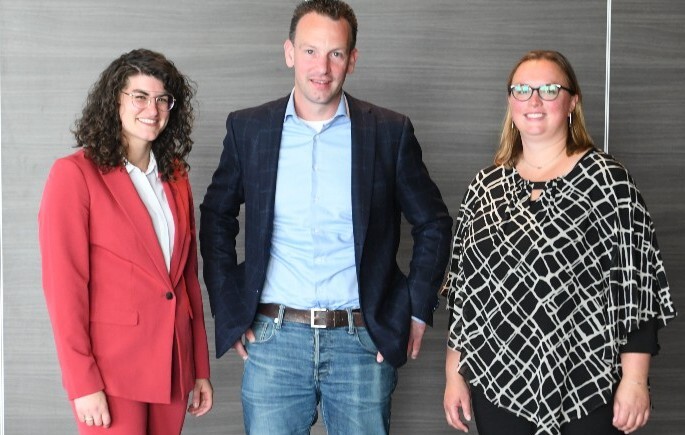‘Before I became a farmer in the Netherlands, I worked on an arable farm in England for a time. I discovered there what supplying a private sugar processor means for the terms of delivery and the price. That is much better organised here, with Cosun. We may not always be aware of this in the Netherlands and Flanders, but in countries where farmers do not work cooperatively, they are much worse off financially. For me, that’s an important reason to work for the management of cooperatives such as FrieslandCampina and soon, also for CRV, alongside my own business. I am strongly motivated to stand up for the future of cooperatives. But I am not conservative. The world around us is changing fast and that means that CRV, too, will have to continue to innovate. I have in mind here the application of data in the business management, for example. We now see young start-ups that are developing new data solutions for the agricultural sector and will probably earn a great deal of money with that in the future. With JoinData, we have made sure that as farmers, we keep control over our data. But if private companies can earn money with data solutions, we, as a farmers cooperative, should probably also address that ourselves.’
Together with his wife Carina, Jochem van der Starre (41) has a dairy and arable farming business in Slootdorp in the Wieringermeer polder, with 175 diary cows and 80 young stock on 100 hectares of land. They also operate a farm shop. Jochem is the father of two children, aged 16 and 13. He has previously served on the advisory council of GD, the youth committee and the information committee of CRV and the advisory council of JoinData. At present, he chairs the North Holland district of FrieslandCampina.

